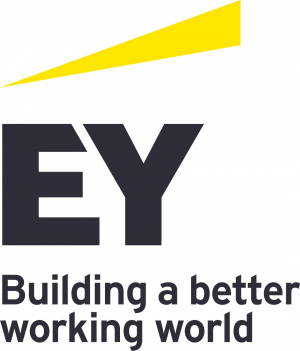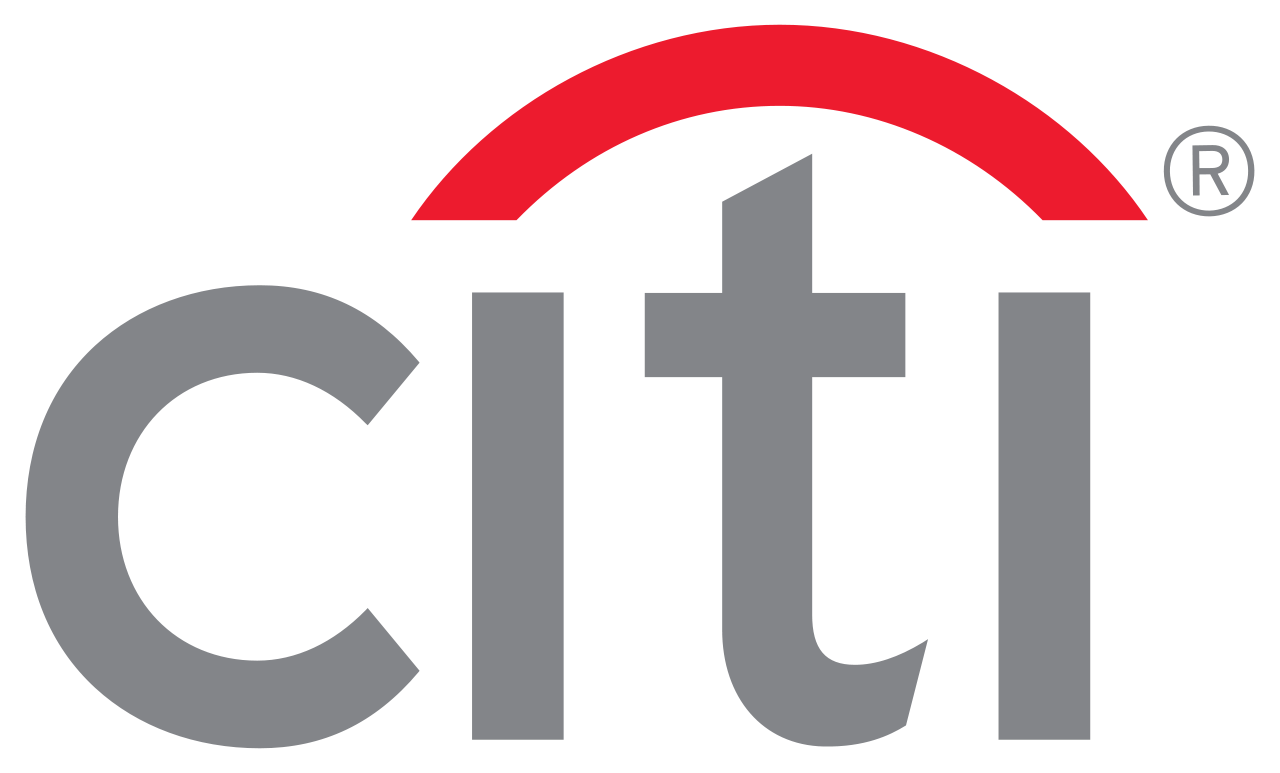Employee Engagement of the Future
18.11.2015Company: Amcham
According to Hay Group research, over three-quarters of engagement leaders (84 percent) believe that companies must engage their workforces differently if they are to succeed in the future. Yet less than a third (30 percent) believe their organizations are doing enough to adapt appropriately to the changes that lie ahead.
Performance and retention at risk as six converging global trends change the game
- Mega trends are shaping the global business environment and changing not only the way people work but what they value and expect from their employers
- The rules of employee engagement are changing but most companies are not doing enough to adapt to these changes
- Companies now face a critical opportunity to rethink their strategies in response to, and anticipation of, these shifts.
Engagement will need to be more personal, tapping into each employee’s needs, drivers, outlook and expectations. Job descriptions, appraisals, development plans, career paths and reward systems will need to be more tailored.
The individualism megatrend will create huge complexity for engagement professionals but it may also offer a solution. Organizations can harness its power, by encouraging people to manage their own development and career progression.
In an individualistic world, employees will want – even expect – this sort of accountability. But making it happen will require a change of thinking and behavior at all levels. Performance management will no longer be the ‘manager’s job’; it must become a combined effort between managers and their team members.
Managers will therefore need to play the role of coach, mentor, developer and most importantly, people engager. To do this, they’ll need to spend time understanding each team member as an individual, and be able to adapt their leadership style to suit the needs of each one.
Line managers will need training and education to make the transition – and this will need to come from the top. After all, it’s easier to coach if you’ve been coached yourself in the past. But it will be worth the investment: Hay Group World’s Most Admired Companies research shows that the best leaders spend as much as 30% of their time understanding others’ needs, and coaching and developing team members.
Finally, managing diverse team members with individualistic attitudes will call for ‘bounded autonomy’. This means giving staff the freedom to do what’s needed to achieve their objectives – but within defined boundaries and a clear overall direction.
Box: What does Digitization mean for Engagement?
Digital technology is reversing the balance of power between employers and employees in a number of ways:
- It creates a climate of transparency, putting reputations at risk. Employees and customers can instantly share information about companies and colleagues – good or bad – with the world.
- Social media offers a platform for talented individuals to promote their abilities and achievements, making them more accessible to competitors.
- Online resources make it easier for employees to compare their compensation, career opportunities and work environments with the competition.
In this context, sustaining engagement through a culture of trust and ethical standards is essential. It will help discourage employees from exposing sensitive information, and from moving to competitor firms. Digital technology can boost productivity and engagement. It enables organizations to understand far more about employees’ attitudes, needs and preferences, and to tailor their practices to boost engagement.
Remote working must be balanced with the need for face-to-face communication. What’s more, firms need to manage the implications of employees being ‘always-on’. What is the impact on work-life balance and engagement over the long term? How will it affect the exchange between contribution and reward – and more importantly, employees’ perception of that exchange?
Rapid changes in technology can also quickly leave people’s skills out of date. Continuous learning will be essential to sustain engagement and productivity.
Author: Pavla Helclová, consultant, Hay Group







